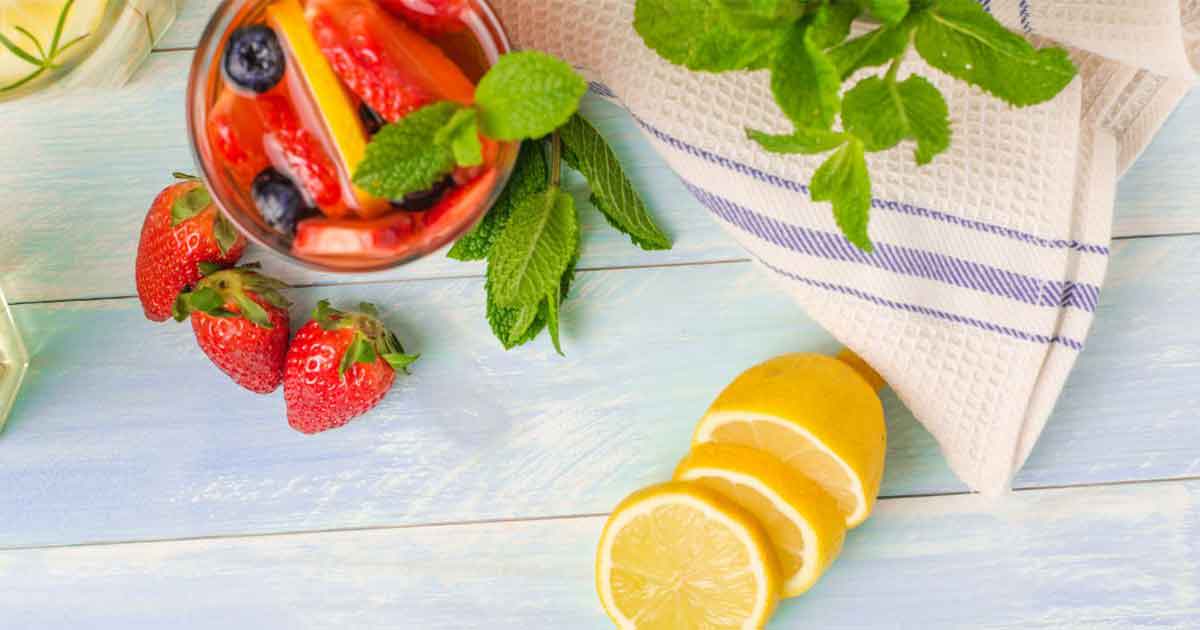True Cellular Formulas Team - December 20, 2024
Navigating Costco’s Dishwasher Detergents
The Toxic Ingredients to Avoid

Dishwasher detergents may seem like a minor household decision, but the chemicals in many popular brands can significantly impact your health. Conventional detergents often leave behind more than clean dishes—they can leave toxic residues on the plates and utensils you use every day.
Costco shoppers are often drawn to bulk savings and convenience, but not all options on the shelf are created equal when it comes to dishwasher detergents. To help you make a safer, non-toxic choice, here’s a breakdown of the worst offenders, the better-but-not-best alternatives, and the safest pick for you and your family.
Why Choosing the Right Detergent Matters
Most mainstream dishwasher detergents contain harmful ingredients like synthetic fragrances, petroleum-based chemicals, and colorants. These toxins don’t just rinse away—they can linger on dishes and in your home.[1]
Exposure to these chemicals may cause skin irritation, disrupt hormones, and even harm respiratory health. Choosing a non-toxic dishwasher detergent isn’t just about cleaning dishes; it’s about safeguarding your well-being.[2]
Brands to Avoid: The Toxic Contenders
Cascade
Cascade is common in Costco aisles, but its reputation for delivering
“spot-free” dishes comes at a price. Its formula includes:
- Benzotriazole is a petroleum-based chemical known for its toxicity.[3]
- Synthetic fragrances can trigger allergies and contain hormone-disrupting phthalates.[4]
- Artificial colorants are unnecessary additives that only serve to enhance visual appeal.[5]
While Cascade might effectively remove grease, its harmful ingredients make it one to avoid.
A Slightly Better Option: Kirkland Ultra Shine
Costco’s in-house brand, Kirkland Ultra Shine, offers a step up from Cascade but is not entirely free from concerns. It uses gentler sodium-based cleaners than some petroleum-derived alternatives and avoids plastic-coated pods. However, synthetic fragrances in some formulations still make it less than ideal for those seeking a truly non-toxic option.
The Best Choice: Blueland Dishwasher Tablets
Blueland Dishwasher Tablets stand out as Costco's safest and most effective non-toxic detergent option.They are:
- Fragrance-free, eliminating the risk of hidden toxic chemicals.
- Plastic-free, with a powder formula that avoids wasteful and potentially harmful coatings.
- Sodium-based and enzyme-powered, providing a strong clean without compromising safety.
Blueland is not only better for your health but also surprisingly cost-effective, with a lower price per tablet than Cascade.
Why Non-Toxic Detergents Are Worth It
Switching to non-toxic cleaning products is one of the simplest ways to reduce exposure to harmful chemicals. With a safer detergent like Blueland, you can enjoy:
- Dishes free from chemical residues.
- Cleaner indoor air without synthetic fragrances.
- A healthier home environment for you and your family.
Final Thoughts
Costco offers a wide range of products, but not all align with a non-toxic lifestyle. Regarding dishwasher detergents, Blueland Dishwasher Tablets are the clear winner for those who value both safety and effectiveness.
Your health is worth the effort of choosing better products. Consider what’s on your dishes and make the choice to clean smarter.
- Ogulur, Ismail, et al. “Gut Epithelial Barrier Damage Caused by Dishwasher Detergents and Rinse Aids.” The Journal of Allergy and Clinical Immunology, vol. 151, no. 2, Feb. 2023, pp. 469–84.
- Dodson, Robin E., et al. “Endocrine Disruptors and Asthma-Associated Chemicals in Consumer Products.” Environmental Health Perspectives, vol. 120, no. 7, July 2012, pp. 935–43.
- Pillard, D. A., et al. “Toxicity of Benzotriazole and Benzotriazole Derivatives to Three Aquatic Species.” Water Research, vol. 35, no. 2, Feb. 2001, pp. 557–60.
- Rádis-Baptista, Gandhi. “Do Synthetic Fragrances in Personal Care and Household Products Impact Indoor Air Quality and Pose Health Risks?” Journal of Xenobiotics, vol. 13, no. 1, Mar. 2023, pp. 121–31.
- Asif Ahmed, Mohammed, et al. “Dietary Intake of Artificial Food Color Additives Containing Food Products by School-Going Children.” Saudi Journal of Biological Sciences, vol. 28, no. 1, Jan. 2021, pp. 27–34.



